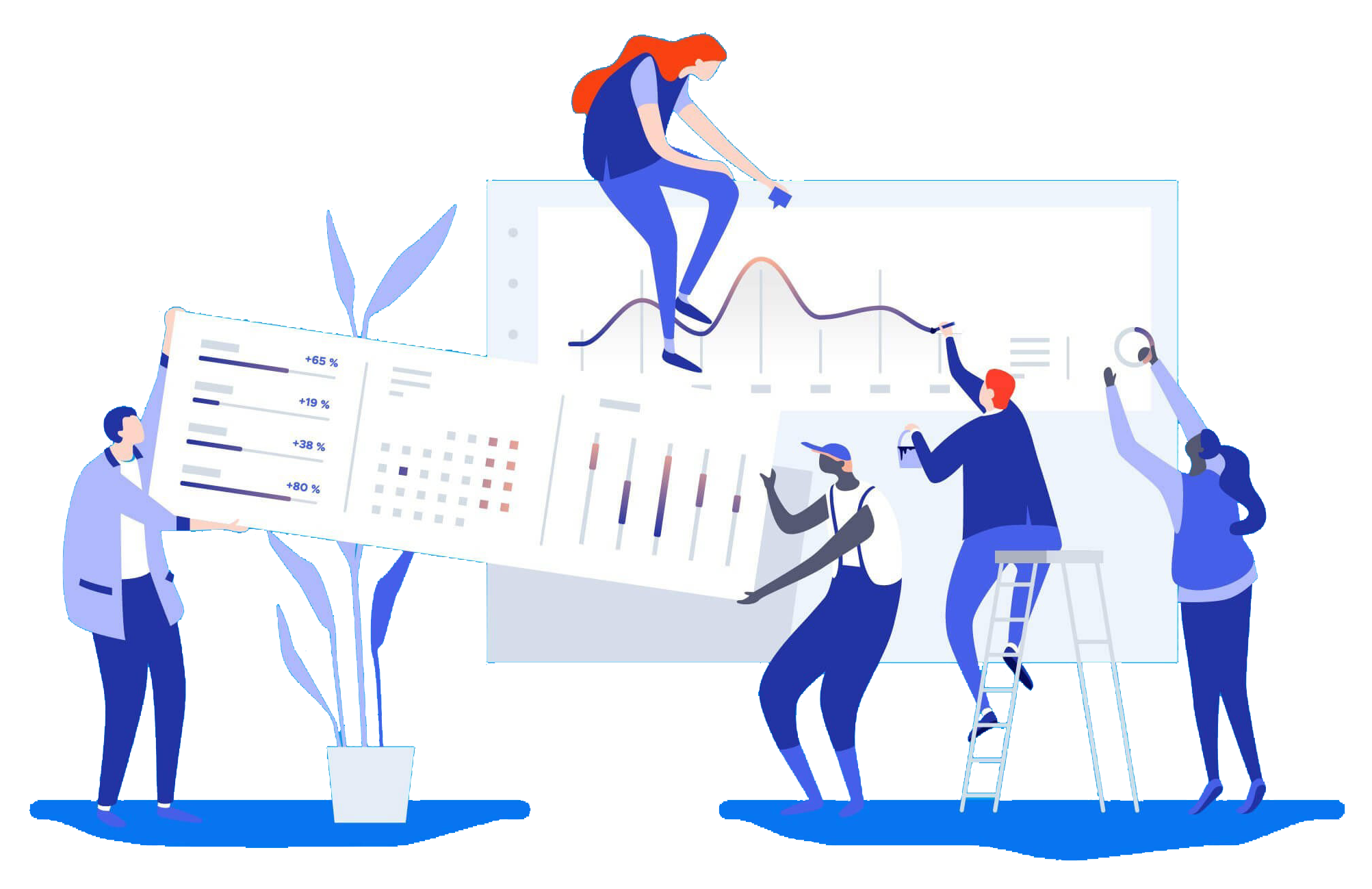Digital Lean Manufacturing and Digital Transformation
Lean principles have long been used in manufacturing to boost efficiency and reduce waste. However, adding digital technologies to lean can take an organisation to new bounds.
Lean principles, in their emphasis on cost reduction, waste elimination, and reliance on customer demands driving processes, have significantly shaped industries around the world. Although lean originated in manufacturing, it has quickly been adopted by many types of enterprises and has been applied in diverse ways. Lean works by applying a data-based approach to decision-making; often calling attention to core problems and emphasising continuous improvement.
The level of improvement an enterprise undergoes, however, is vastly changing in the digital era. Digital technologies have made it possible to enhance lean manufacturing principles – pioneering accomplishments of speed, cohesion, flexibility, and automation that have forever altered production standards.
What is digital lean manufacturing?
While lean principles present a structured approach to eliminating waste or redundancy, digital lean only enhances these principles to make their application more powerful. Digital lean manufacturing uses digital tools to provide more precise, accurate and prompt information about operations.
Not only does digital lean enhance processes already in place, but many digital lean systems of innovation produce detailed information on all aspects of a process. While the core principles of lean can help businesses identify the types of waste to eliminate, digital lean can drill down a level further to understand the tactical drivers that affect the more minute tasks and activities in a manufacturer’s lean program.
Benefits of digital lean
Organisations that implement digital lean successfully can expect to improve quality while reducing costs, resulting in a better return on investment (ROI) and overall heightened productivity. When compared with traditional lean or individual digital improvement projects executed in seclusion, digital lean adopts the strongest elements of both, enabling the progression of universal optimisation. Benefits of digital lean include:
- A drastic increase in client and employee experience
- Enhanced underwriting process and quality
- Decreased cost to sell
Detect and solve new problems
The introduction of lean principles allows manufacturers to reduce waste and boost productivity. However, when progress is made with lean initially, productivity gradually lessens. On the other hand, digital lean can build on the existing lean foundation to leverage new technologies, like predictive maintenance and machine learning, to open up previously unreachable boundaries and to solve formerly unsolvable business problems.
Drive ROI
Manufacturers that implement digital solutions combined with intense management processes, such as lean, Six Sigma, etc., can expect to see a higher ROI than those who adhere to one practice in isolation. Because digital lean unites digital with management practices to solve hidden business problems, an organisation that uses a high degree of digital lean on relevant, impactful business decisions can potentially expect to see sizeable returns.
Reconsidering lean from a digital perspective
Lean management promises a 3% business performance improvement every year. However, in a world where companies can gain a performance breakthrough of 30%+, lean requires digital to remain a competitive practice.
Since lean is typically very bottom-up it can be difficult to prove a global impact of lean management across the organisation. As a result, the question of scalability remains unclear. Digital companies, however, have a central digital unit that ensures greater scalability. In regards to data and algorithms with digital, companies have greater oversight over what happens across the organisation and therefore a greater potential for making a sizable impact on business KPIs.
Digital transformation and lean management
Digital transformation enables businesses to reconceive the underlying business model and completely transform the business. Validated by the digital disruption, big data, mobility, the Internet and by putting the client and employee experience at the heart of the transformation, digital transformation has changed the very needs of manufacturers/enterprises themselves.
When combined, digital lean can simplify operations and generate more precise data. It aims to make people, processes and technology more streamlined and productive, resulting in a factory with lower operating costs and higher efficiency than ever would be possible with traditional lean manufacturing.


